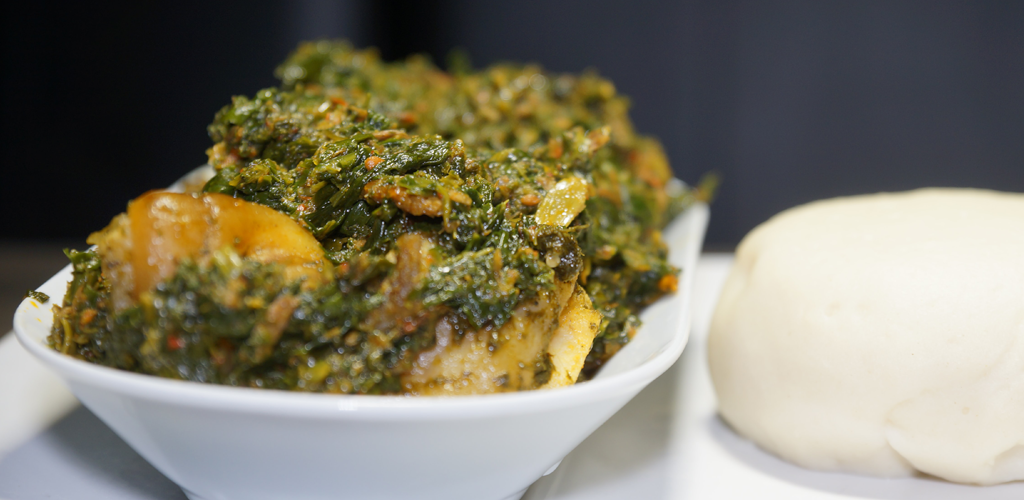If they were in Ghana, she’d recommend planting Indian corn. They’d be peasants, for, as Dad used to say, peasants are always near to the soil, always grounded.
In pounding the boiled cassava, she turns the pestle, adds water to the mixture gradually till it becomes slurry and sticky. She forms a ball, hoping her brother will approve of the soft and doughy mush they called fufu when they were kids. Hopes they’ll fondly recall how they waved when their Dad went to the plantation in the mornings, how mum made them learn the Tables.
On their shared birthday, she waits for big brother Jaye; hopes he’ll appreciate the neatness of her tiny apartment, the heart-shaped cake she has baked for him and for herself. She was born on Jaye’s eighth birthday.
She doesn’t want anything to spoil his mood, or hurt the possibility of a reunion. Glued–in fragments of bone China, that’s what we are, Jaye had said when they’d met last, three years ago. Jaye had requested leave from his teaching job in Nova Scotia, travelled eighteen hours to Barcelona for their mother’s last rites. Didn’t spend more than a day — his girlfriend was pregnant.
She goes around the room giving final touches; smiles realizing the aroma of fufu is hanging in the stuffy space. The rent of this place is low, why the air-conditioning is understandably poor.
Checking on the champagne she bought on impulse, chilling in the fridge, she stops to rearrange the tulips in the vase.
Jaye hasn’t called many times in three years; only on Christmas, and on the day he called in to say, Maria and he were blessed with a girl. They’d named her Tulip; she’d thought that was such a cute name.
She unfastens the window. The dying sun looks like an overheated oven, color of rage, color that embarrasses the sky. Like the taste of the wild berries Jaye once forced her to eat, as they trotted the fields in Ghana. Mum thought the siblings had consumed those things that the gully boys used to sell on the sly.
She shudders at the thought, how terrified she was!
Thank goodness they came back to Europe after Dad was gone. They talked about food on the dinner table, and how Mum would get all excited recalling the shrimp pastes, fried Tanganyika sardine, Ghanaian charcoal-roasted plantain, the beans and the pepper stew she loved.
She thinks of those times. They make her feel like a cooked dish in the freezer, so deep in the shelf that no one remembers. Instinctively she stretches her arm as if intending to touch warm skin; instead, wipes her face, just to feel alive.
With about an hour to spare before Jaye’s arrival, she slips on a purple dress, wears a ribbon, her favorite perfume. Studies her reflection in the mirror. It reminds her of Mum when she hugged the siblings.
At the razor-sharp time, the doorbell rings. Stillness of time is rattled by its shrillness.
Rushing to the door, she fumbles with the latch, then opens the door with the flourish of a ballet dancer.
Yes?
It’s the postwoman. She extends a parcel, stamped Nova Scotia for the day before.
Closing the door, and chucking the parcel on her bed, she reads the brief note. It is Jaye. Wishing her happy birthday, saying sorry for not being able to keep the promise, mentioning something urgent.
Jaye, you couldn’t even call?
She falls back on the sofa. Numb and defeated. A tear rolls down without permission. Her heart keeps pounding against her ribs, mashing itself into fufu.
…
Biography
Mandira Pattnaik’s work has appeared in Atlas & Alice, Citron Review, EllipsisZine, Watershed Review, (Mac)ro(mic), Passages North, Amsterdam Quarterly, Bangor Literary, and Timber Journal among other places. Find more at mandirapattnaik.wordpress.com. On Twitter @MandiraPattnaik
Image: unsplash.com





